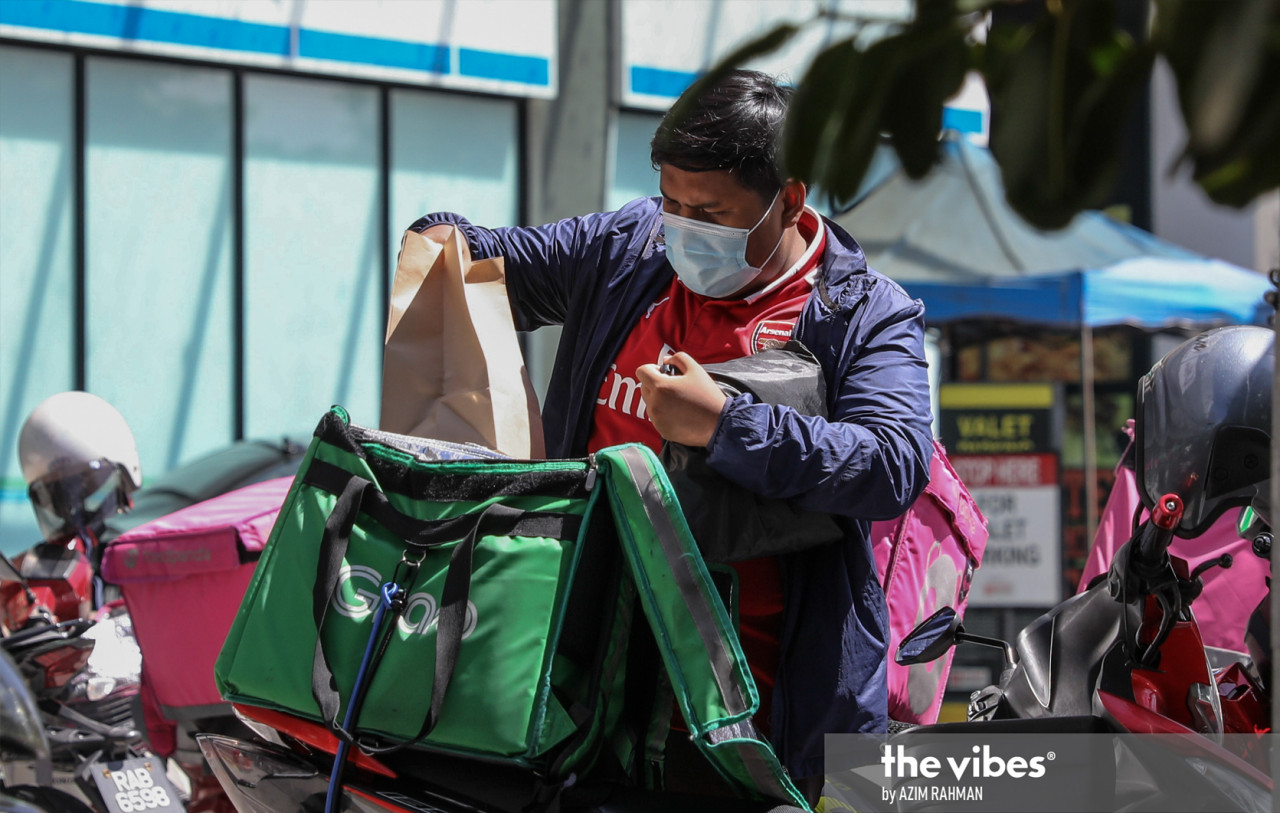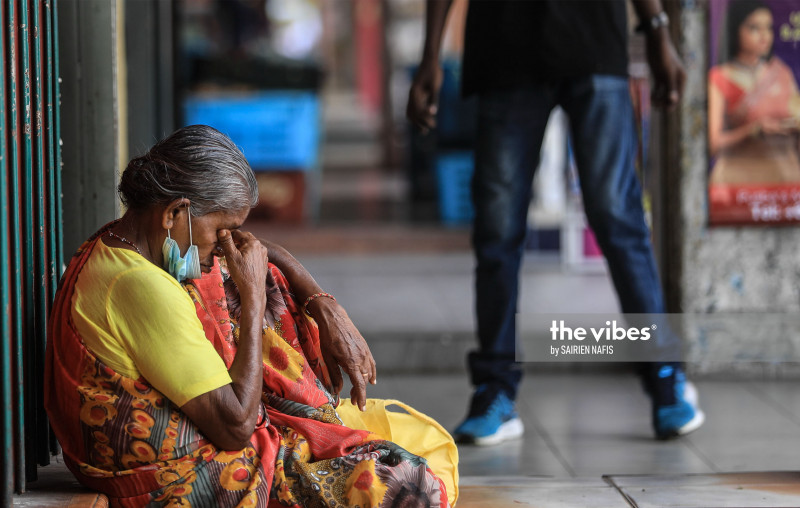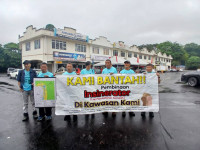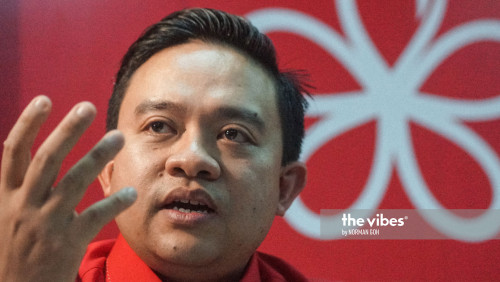“SAYA tak mampu, (I cannot afford this),” said Puan Laila (name changed to protect privacy) when asked why she has not listed her hardworking stall on delivery platforms.
As the economy reopens and we attempt to wrestle our fear of leaving the house, Malaysians have realised the impossibility of returning to the “old normal”. A mainstay of our new reality is the dawn of the digital economy. Newsfeeds across the nation are steadily updated with headlines on cloud computing, artificial intelligence, and the mushrooming of self-made apps that are hitting the market – all designed to replicate our pre-pandemic lifestyles through digital mediums. Yet, behind the glamour of this new, highly digitised world is the dark side of the digital economy. One where we recognise the people who have been left behind.
Over 45,000 new micro-SMEs were onboarded onto various e-commerce platforms over the year 2020 alone. Yet, for people such as Puan Laila, this option is not for them. Puan Laila has five children who need computers and phones to facilitate online learning, and her slim profit margins go towards the next batch of ingredients, which means giving up 30% to 35% of her profits to online platforms would effectively shut her business down. Her small, informal stall has yet to be registered, which also eliminates the possibility of applying for a conventional loan or accessing government aid for micro-SMEs.
With an average monthly income of just RM1,200, Puan Laila can no longer keep up with the cost of digitalisation. Be that as it may, financial inclusion would go a long way in giving her the financial freedom she needs to keep the lights on.

Real-world solutions to real-world problems
The needs of the B40 are painfully simple. According to a recent focus group discussion organised by Green Packet, our underserved market shared that what matters most to them is instant service that allows them to earn an income as swiftly as possible to ensure cash in hand and the financial freedom to look after their businesses, families, and future. In a similar KPMG survey, 79% of respondents expressed interest in better accessibility to financing products.
For financial solutions providers, the responsibility to navigate what convenience and accessibility means to the digitally underserved falls on our shoulders. Empathy in innovation can begin only with a proper understanding of the challenges or complexities that technology presents to this group. The goal is to create solutions that work for the community instead of vice versa.
In Singapore, a software engineer noticed that hawkers were struggling to read online orders. Understanding that these uncles and aunties were more familiar with WhatsApp, he converted the order sheets into order forms that would stay on WhatsApp.
Within eight months, this small project has been adopted by more than 230 Singaporean hawkers, sparking meaningful digital transformation for the community, and helping them keep the lights on.
This listening process has also facilitated home-grown technology solutions providers to practise empathy in innovation. Kiple, a wholly owned subsidiary of Green Packet, has taken extra care to empathise with the needs of the community in creating their solutions.
Recognising that the unbanked populations in Malaysia were unable to access cash grants and government assistance, we turned to white-label prepaid cards to facilitate the distribution of funds to those who need them most. This initiative has helped the Puan Lailas among us receive the funds they need to bolster them through these challenging times.
As we mark the end of the 11th Malaysia Plan and cross the threshold into 12MP, we must play our part in executing the plan’s vision of ensuring economic empowerment and social re-engineering. This includes taking apart preconceived notions of what the underserved need and making their experiences a cornerstone of our solutions.
Understanding how the communities use the technology available to them also matters, and often, the solutions that work for the community are often the simplest. Kiple went back to the basic prepaid card to distribute funds; Uber explored an SMS-based booking service for clients in rural areas where smartphones are uncommon. Traditional electronic know-your-customer systems in some countries have been replaced with a referral system within business associations to overcome documentation delays in onboarding small-time merchants. And, Telegram’s channels have been transformed into mini marketplaces.

It is time we recognise the limitations that underserved communities have had to live with as a reflection of our failure to keep their circumstances in mind. As a nation, it is time we re-evaluate these limitations so that we, as pioneers of a new generation of digital financial solutions, can offer opportunities that address these decades-old challenges, and unlock financial inclusivity for everyone within our community.
It is only then that Puan Laila, the rojak seller, the bundle-shop salesman, and the young girl selling flowers will be able to grow with greater resilience. – The Vibes, September 23, 2021
Ku Kok Peng heads Green Packet’s Group Strategy Office, which works in close alignment with Green Packet’s five core business units that underpin its growth strategy to be a leading player in Malaysia’s journey towards digital transformation. Green Packet is an international technology solutions company listed on Bursa Malaysia





















